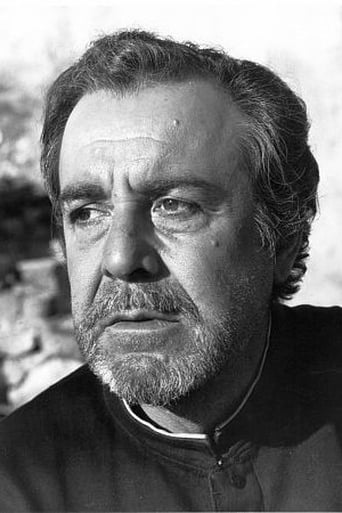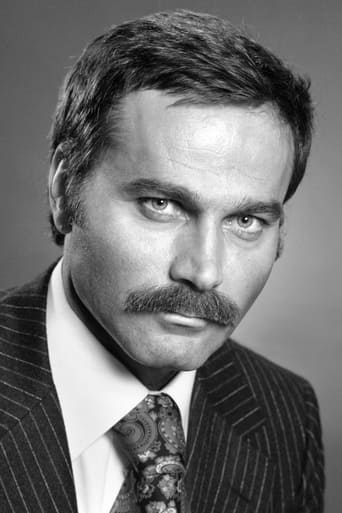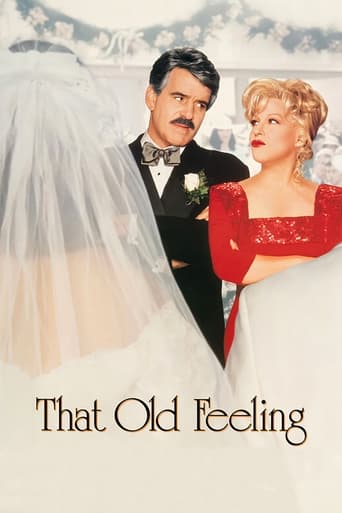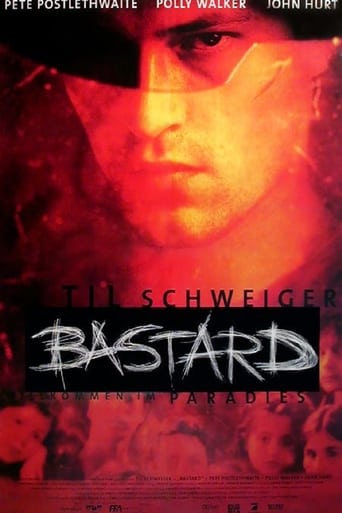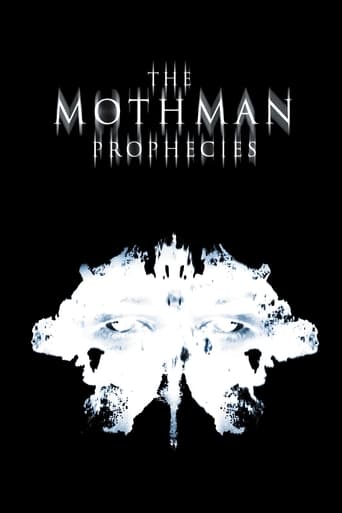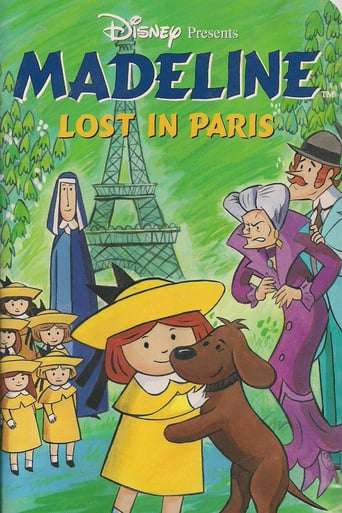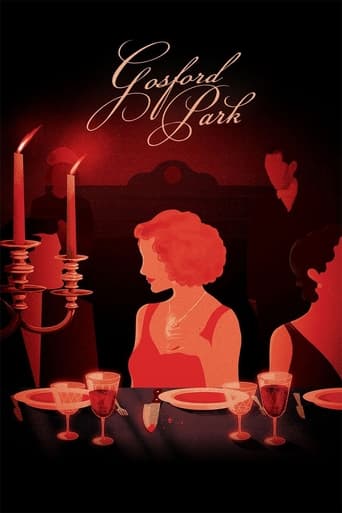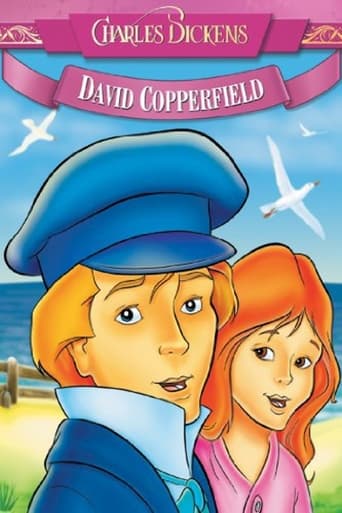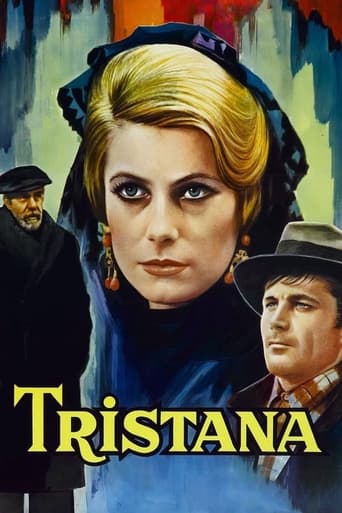
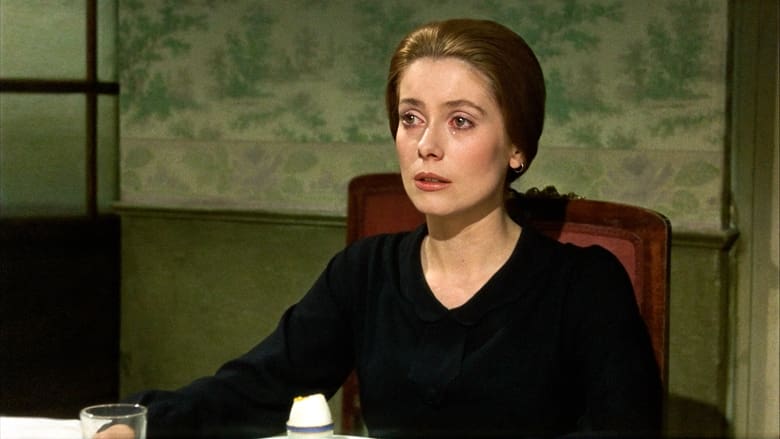
Tristana (2013)
As a young woman, Tristana is orphaned and taken under the guardianship of Don Lope, a respected member of the community, who takes advantage of his innocent charge. When Tristana falls in love with artist Horacio, she must learn to be more assertive in order to achieve independence from her nefarious guardian, or her blossoming relationship with Horatio is doomed.
Watch Trailer
Cast
Similar titles
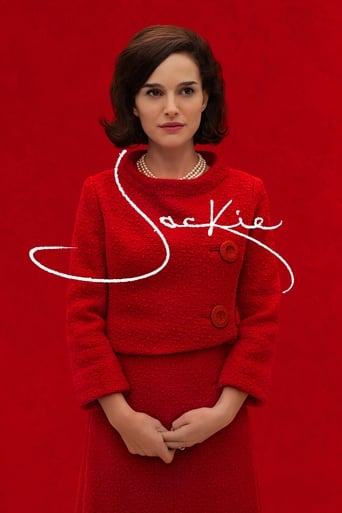

Reviews
Admirable film.
I wanted to like it more than I actually did... But much of the humor totally escaped me and I walked out only mildly impressed.
As somebody who had not heard any of this before, it became a curious phenomenon to sit and watch a film and slowly have the realities begin to click into place.
It is a whirlwind of delight --- attractive actors, stunning couture, spectacular sets and outrageous parties. It's a feast for the eyes. But what really makes this dramedy work is the acting.
Tristana is a bit of an odd duck in the Luis Buñuel filmography. While the plot feels right up his alley (respected aging aristocrat seduces his ward, leading to conflict when she falls in love with a younger man) there were times were I was wondering if I was really watching a Buñuel film. The director's trademark surrealism is largely absent here aside from a brief dream sequence. All in all, it's solid enough, but not really one of Buñuel's best.In many respects, and rather unusually for Buñuel, this is an actor's film. Fernando Rey and Catherine Deneuve are both exceptional as the aging Don Lope and his ward Tristana, respectively. Rey's performance in particular is one of his finest. His character is probably the highlight of the film, he's very multifaceted and doesn't fall into the typical stereotypes that Buñuel uses to portray bourgeoisie characters. The third main lead, Franco Nero of Django fame, is a bit stiff here but he's not on screen very much compared to the other two leads. Finally, Lola Gaos heads the supporting cast and does a terrific job as Don Lope's housemaid Saturna.Because this is such an actor's film, Buñuel's direction is a bit flat for the most part. He gets a bit creative at the beginning and end of the film but he's a nonentity for the middle portion of the film, which drags on a bit as a result. Aside from the use of snow towards the end, the film isn't much to look at and the cinematography is a little flat at times. The sound design is also rather spartan, there's no score and not much to listen to aside from the dialogue. The effects used to convey one character having their leg amputated are well done however, and the costumes and sets feel very authentic and one never gets the sense that the sense that this historical drama feels staged.In conclusion, the film is definitely worth seeing for Rey and Deneuve's performances but this isn't the first Buñuel I'd show someone who's never seen a film of his as while it is more accessible, it lacks his usual distinctive style and in general isn't one of his stronger works.
I must have watched a different movie than the reviewers who call this "the top movie of all time" a 10 plus and so forth.First of all dubbing robs 90% of an actor's abilities and the two main characters are dubbed De Neuve and Fernando Rey..it sounds like a spaghetti western. Also the many times used theme of a Gigi like uncle who falls in love with his niece (charge in this case) is not shocking or particularly interesting. Zola used it in Dr. Pascal.As another reviewer states this is a novel turned into a movie so all the changes that occur in DeNeuve seem too abrupt as they try to pack 300 pages into an hour and half. Suddenly Tristana is a bitter woman....from an innocent girl. Also please if this is a world quality movie why did the director use that tired old technique of showing the hands only when Tristana is playing the piano. Also although very minor there were slip ups in the time editing...a modern car can be seen in the back ground of one of the scenes and the train lines were electrified.I am sure the movie can be micro-analyzed for symbolism and visual cues..on the door of the apartment they live in is the faint white scrawl of a man's face and so forth (death?).I am sure it is flawless in this way...but as far a convincing as to why DeNeuve turns jaded it just doesn't work well---the dubbing and the abruptness mainly...I did find the main character's hypocrisy good a socialist ordering glazed maroons and living the high life....although in a leftie directors eyes this may not have been intended to be hypocrisy but rather showing his sophistication. God knows that is quite possible.I did not quite understand the deaf young men's symbolism. Didn't find it worth speculating on.DO NOT RECOMMEND
I don't want to talk too much about the style of the film, as other comments do this fairly well. However to briefly surmise them: there is no non-diegetic music, it is in colour but grainy (looks good, don't let this put you off), contains surrealist imagery as do all of Bunuel's films, and the lighting and the cinematography are sublime. I can rave about the brilliance of the technical aspects of the film, but to some it is the story content and themes that are the main focus, so I will talk about this.The film sees a young orphan taken in by one of her mother's past lovers. Played by Fernando Rey, very well I might add - though this is an understatement. Catherine Deneuve plays the title character to perfection. The orphan becomes both the 'daughter' and lover of Don Lope, Rey's character, and it is the change in power from Don Lope to Tristana that is one of the central themes of the film. In order for Tristana to get freedom she must pay the price of losing her innocence.Bunuel uses many scenes to show this, such as the balcony scene where Tristana reveals her naked self to her watchful deaf mute servant and childhood friend Saturno. Bunuel also edits this shot with an extended shot of the virgin Mary, and the comparisons are obvious.The film is very enjoyable, yet still deals with issues such as sexual freedom, power, anti-clericism and anti-bourgeois values amongst others.The film is not Bunuel's most surreal work, however it still contains the themes and images typical of him. The acting is brilliant, no more so than the leads of Deneuve and Rey. Tristana could be seen as the sister of Severine in Belle De Jour, also played by Deneuve.Certainly worthy of being in the top ten films of all time. Brilliant!
I can't say I know Luis Bunuel's style well, since I've not seen many of his works, and those that I've seen usually just struck me as blah. But then yesterday I saw Tristana which starred Catherine Deneuve and was awe-struck by it. See, the comments that I've read online about it have seem to have the focus all wrong, they are more interested in commenting on Bunuel's usual attack on the bourgeois and catholicism. Yes it is dark and in some places rather surreal, but above all, Tristana is a simple and sad story about its characters as they grapple with life, love, loss and regret. It is especially well-crafted with its sinewed study of human relationships, and humans that desperately try to relate with each other.Tristana, played brilliantly by Catherine Denueve, is the central character whom we see evolve from an innocent young girl with her many ideals about love and relationship, to a bitter and cynical woman at the film's end who cannot believe in anything any longer. It is with special finesse that Deneuve plays her, that we witness, with heartbreak, every turn of her back on the things she love, and every rejection of all morality that she held before.Fernando Rey's character is probably the murkiest but ultimately most empathetic character, as at the end of the film, age wears off his hard-edged cynicism and turns him into the loving father figure that Tristana desperately needed in the beginning of the film. In a sense, it is a film about age, how when we reach a certain point in our lives we see things much clearer and as it is, rather than try to twist things to our advantage. The way Rey's character treasures the time with the vile and vindictive Tristana at the end of the film is not only overwhelmingly sad, but also an epiphany by an auteur who is gaining age himself.In spite of all its dramatic turns of events, Tristana is not an emotional and angsty film in its portrayal of its characters' lives. Instead it is a soft and peaceful film that sympathetically accepts its characters' flaws as much as it forgives them. It is a film that evokes the intricate feeling of looking back in our dark and troubled past and finding the exquisite moments of happiness amidst all the cynicism and grit. When, towards the end, Rey reaches the peace that he has been struggling so hard to attain throughout the film, he notes, 'It's snowing so hard outside, but in this house, I'm nice and warm. What's there not to be happy about?'. A silent recognition that peace is not bending reality to your own will, but merely, acceptance.

